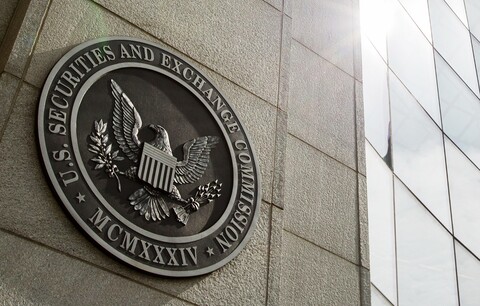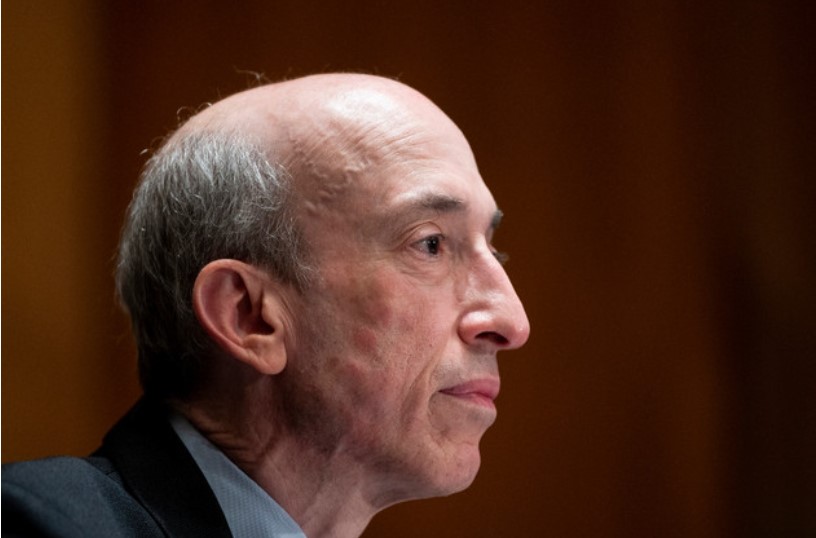By Martin Young. (Be In Crypto). August 17, 2023.
Ripple Refutes SEC Review
Ripple chief legal officer Stuart Alderoty said:
“There is no extraordinary circumstance here that would justify departing from the rule requiring all issues as to all parties to be resolved before an appeal.”
An interlocutory appeal occurs when a ruling by a trial court is appealed while other aspects of the case are still proceeding. Moreover, they are only permitted under specific circumstances, which are laid down by federal and state courts.
On Aug. 9, the SEC sent a letter to Judge Torres claiming an “Interlocutory review is warranted here.”
It requested the judge put the case on hold during the appeal. The reasons it gave were that multiple other pending court cases that could be affected depending on the appeal’s outcome.
On July 13, the court ruled that XRP was not a security when sold to the public on an exchange but was a security contract when sold to institutional investors.














